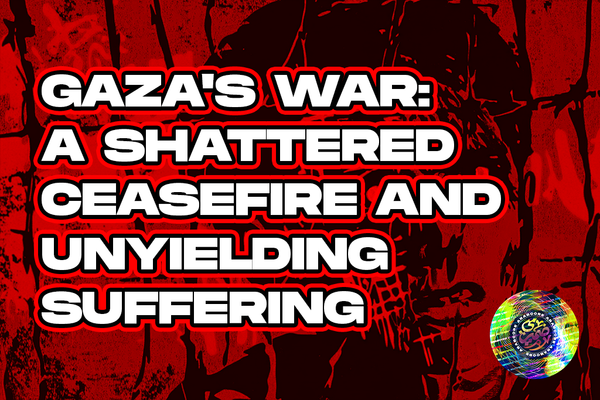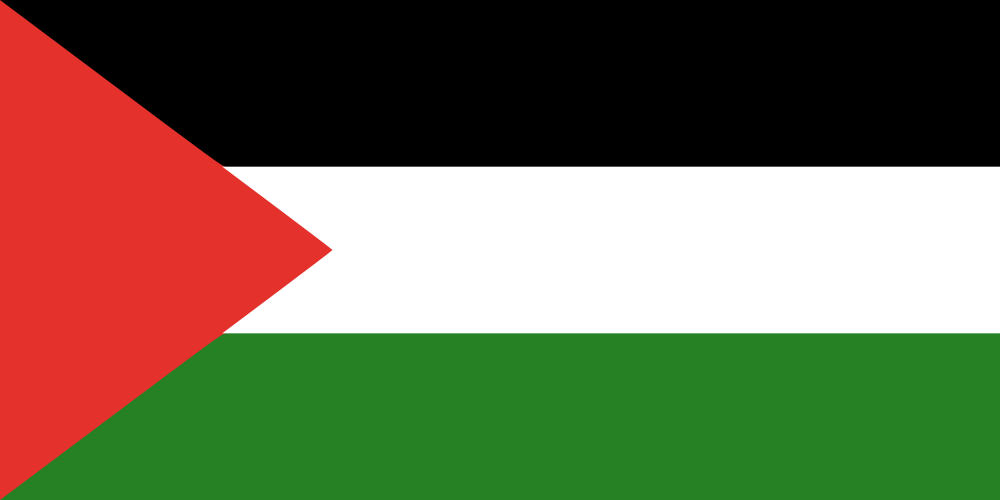Unveiling Settler Violence: American Complicity and the Struggle for Palestinian Justice
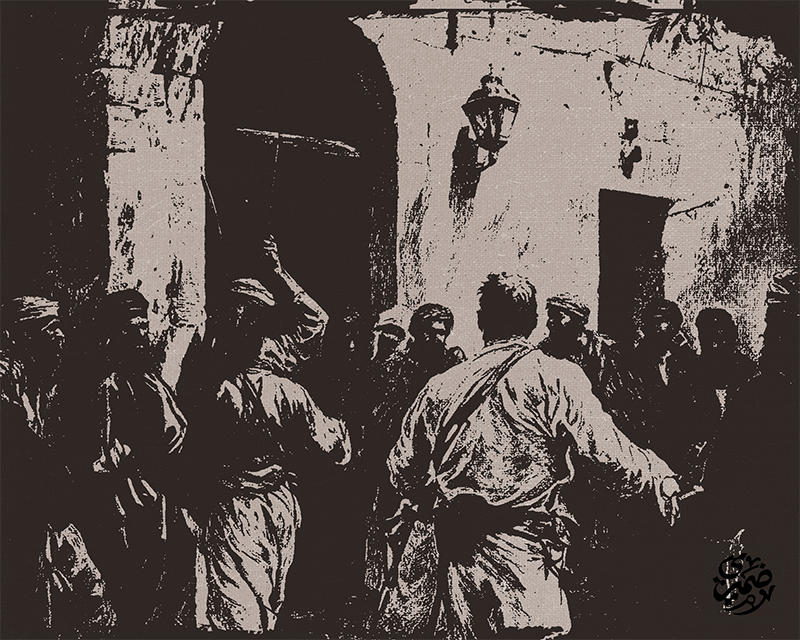
1. American Citizens in Settlements
Approximately 60,000 Americans live in the West Bank and occupied East Jerusalem, with many settling in Jewish-only communities built on Palestinian land. While the majority of these settlers are motivated by a lifestyle choice, some Americans are actively involved in settler violence. These settlers are often ideologically driven, and a portion of them have been at the forefront of violent tactics that aim to terrorize Palestinians and push them off their ancestral land. This violence includes shootings, attacks on homes, and expulsion of Palestinians from their land.
Impact: Many of the settlers have little to no interaction with Palestinians, leading to a general disconnect from the broader realities of their presence on occupied land. However, the core group of ideologically motivated American settlers plays a pivotal role in organizing and promoting the colonization of Palestinian land, intensifying the violence, and contributing to what some observers have labeled "settler terrorism."
Key Example: A subset of these settlers are inspired by extremist religious ideologies, drawing direct influence from figures such as Rabbi Meir Kahane and his followers, who believe in a radical interpretation of Judaism that encourages violence against non-Jews and the establishment of a “Greater Israel” by force.
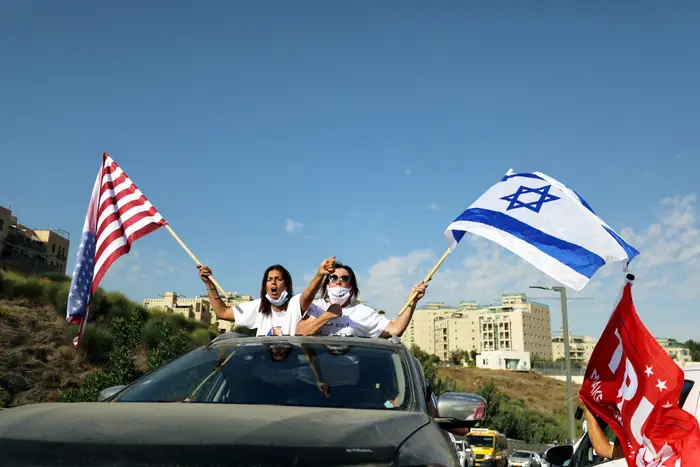
2. Settler Violence
The travel ban announced by the US comes amid a sharp rise in settler violence that coincided with the recent escalation of the Israeli-Palestinian conflict, particularly after the October Hamas attacks. This violence has included targeted killings, arson, land confiscation, and attacks on Palestinian communities. According to the UN, over 500 Palestinians have been killed in the West Bank this year alone, with a significant number of those deaths being civilians, including women and children. Many of these deaths are not just a result of Israeli military actions but also the collaboration between the Israeli Defense Forces (IDF) and settler militias.
Settler Terrorism: The increasing acts of settler terrorism are often carried out with little to no accountability. Palestinian civilians have been subjected to raids on their homes, which are set on fire by settlers, leaving entire villages burned to the ground. This terroristic violence is systematically supported by settlers who feel emboldened by their connections to the Israeli government, military, and sometimes even religious authorities.
Notable Incidents: In recent months, Palestinian farmers have seen their land destroyed by settlers, and Palestinian families have been forced at gunpoint to leave their homes, further exacerbating the systemic oppression they face.
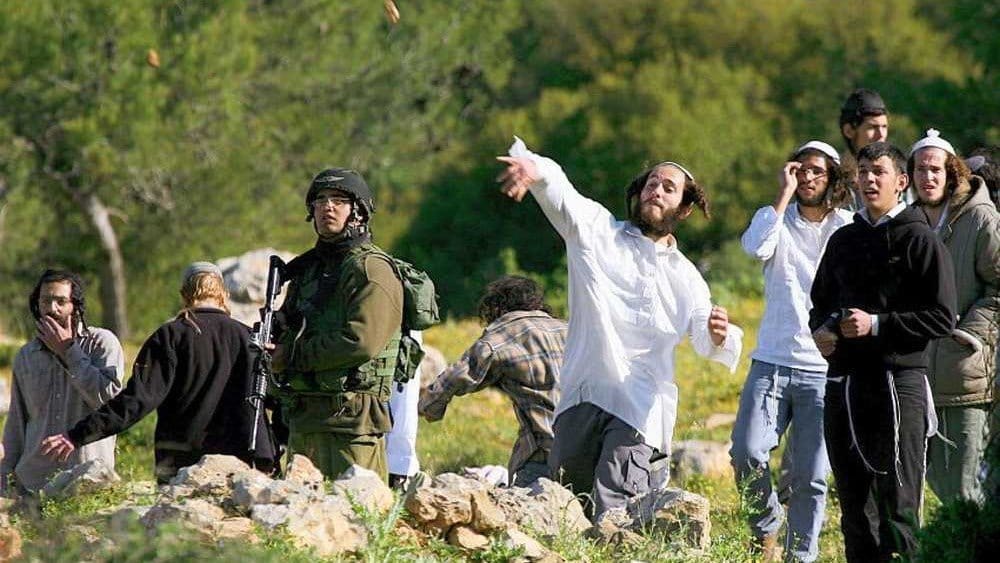
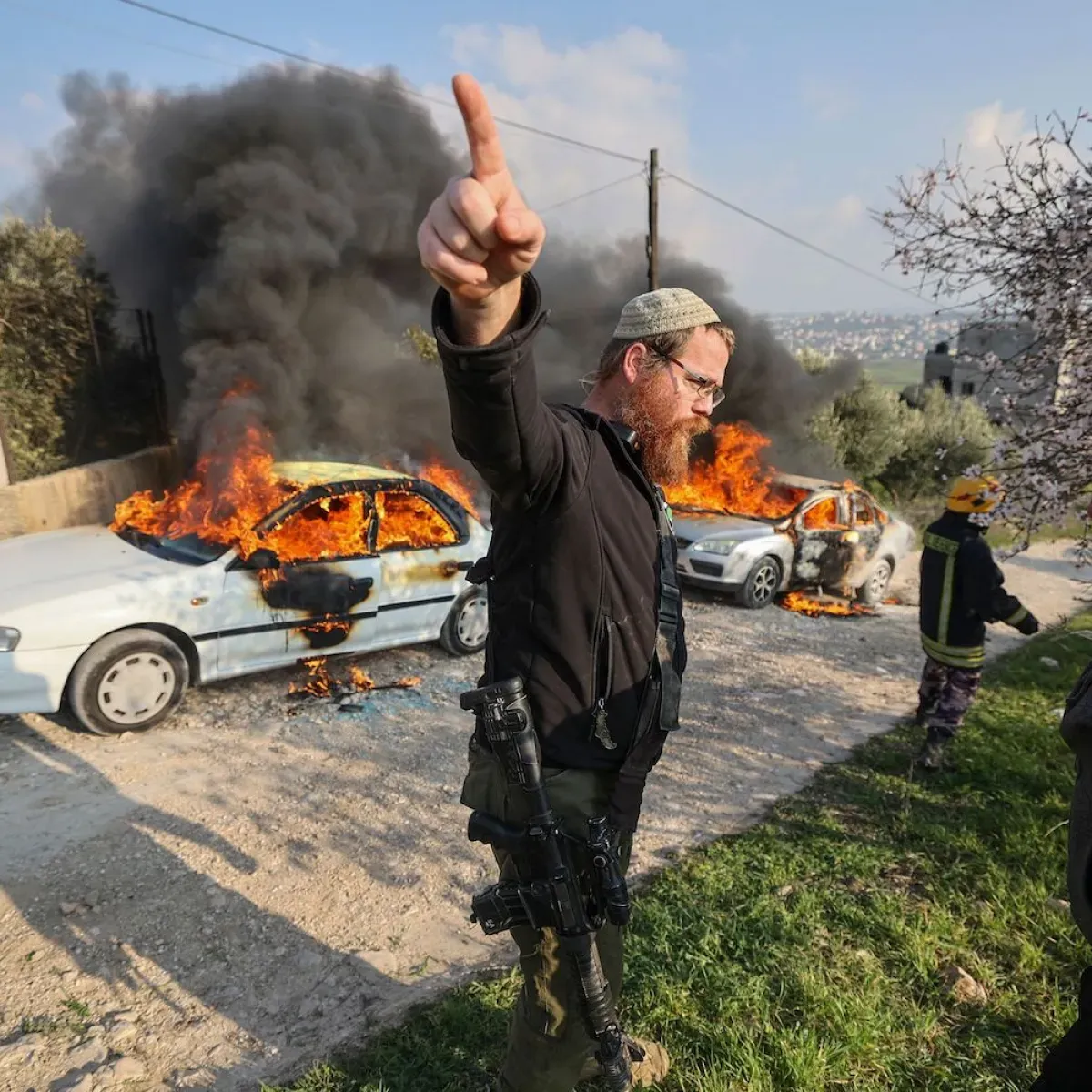
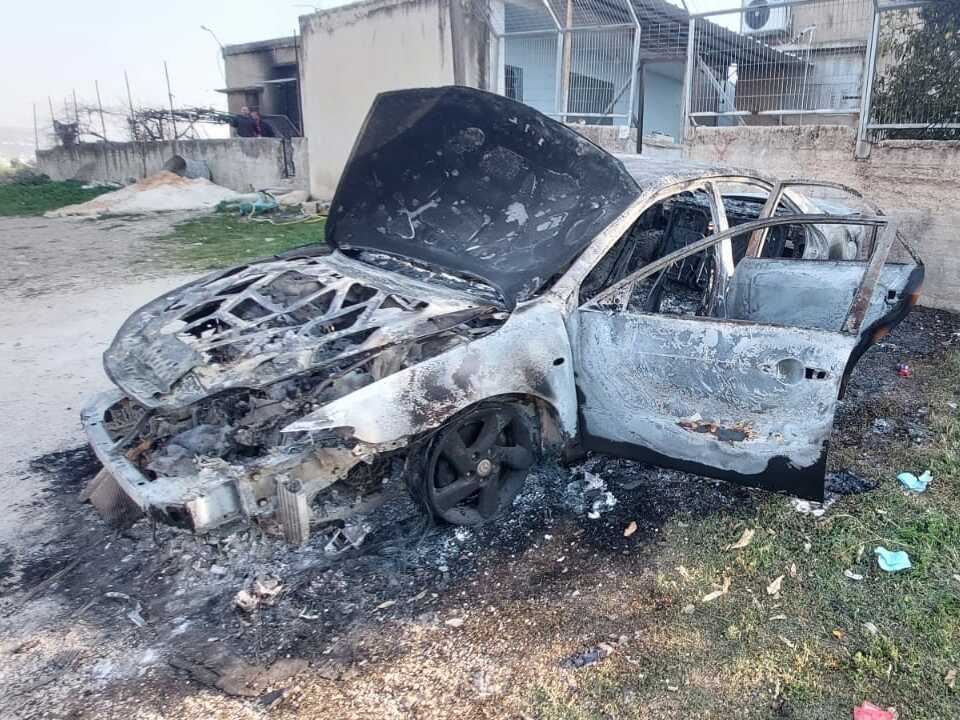
3. Influence of American Settlers
While American settlers represent only about 15% of the settler population in the West Bank, their influence is disproportionately large. Sara Hirschhorn, a leading expert on the subject, discusses how these settlers do not represent a group fleeing from persecution but rather individuals who actively sought out the settlement project as a fulfillment of their ideological, religious, and nationalist beliefs.
Key Settlements and Ideology: Many American settlers were key figures in the establishment of settlements such as Efrat and Tekoa in the early years following the 1967 war and the Israeli occupation of the West Bank. These individuals believed that they were fulfilling a divine mission to reclaim what they viewed as the biblical homeland of Israel. Their settlements were seen not just as residential but as integral parts of the greater Zionist ideology.
In fact, many of these American settlers believed that by living in the occupied territories, they were fulfilling a moral imperative to reassert control over land they viewed as historically Jewish. This mentality was rooted in a deep belief in the concept of "Greater Israel", an idea that includes not only the current state of Israel but also much of the surrounding Palestinian territories, including the West Bank and Gaza Strip.
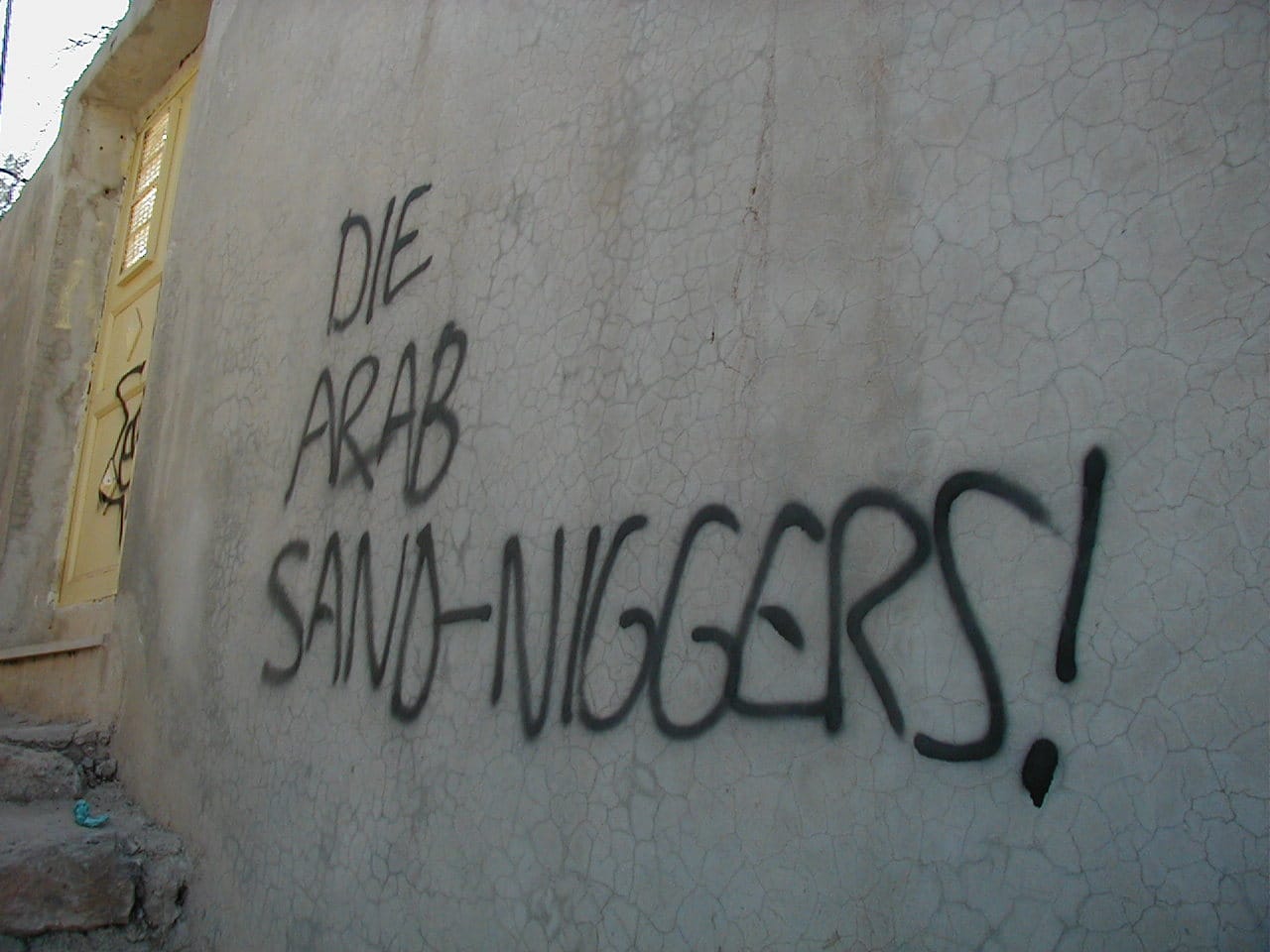
4. Settler Ideology and Religious Motivation
American settlers who relocate to the West Bank are often ideologically motivated. Their motivation extends beyond mere land acquisition; for many, this is seen as a religious calling, one that aligns with the tenets of Zionism and the belief in divine entitlement to the land. These settlers are driven by the idea of a biblical mandate to resettle the Promised Land, a deeply ingrained religious conviction that many of them carry from their lives in the United States.
Key Ideologues: Figures like Rabbi Meir Kahane and Baruch Goldstein have been central in promoting extremist views within the settler movement. Kahane, who founded the far-right extremist Kach Party, was known for his racist ideologies that advocated for violence against Palestinians and the expulsion of Arabs from Israel. His influence is still felt today, as many settlers continue to view his teachings as a foundational part of their mission.
Legacy of Goldstein: Baruch Goldstein, an American-born settler who massacred 29 Palestinians during their prayers at the Ibrahimi Mosque in Hebron in 1994, is another martyr to the settler cause. His legacy is honored in Hebron, where settlers maintain a shrine to his memory. His actions were driven by the same ideological currents that shaped the settler movement—an unwavering belief that the land of Palestine rightfully belonged to Jews and that violence was justified to achieve their aims.
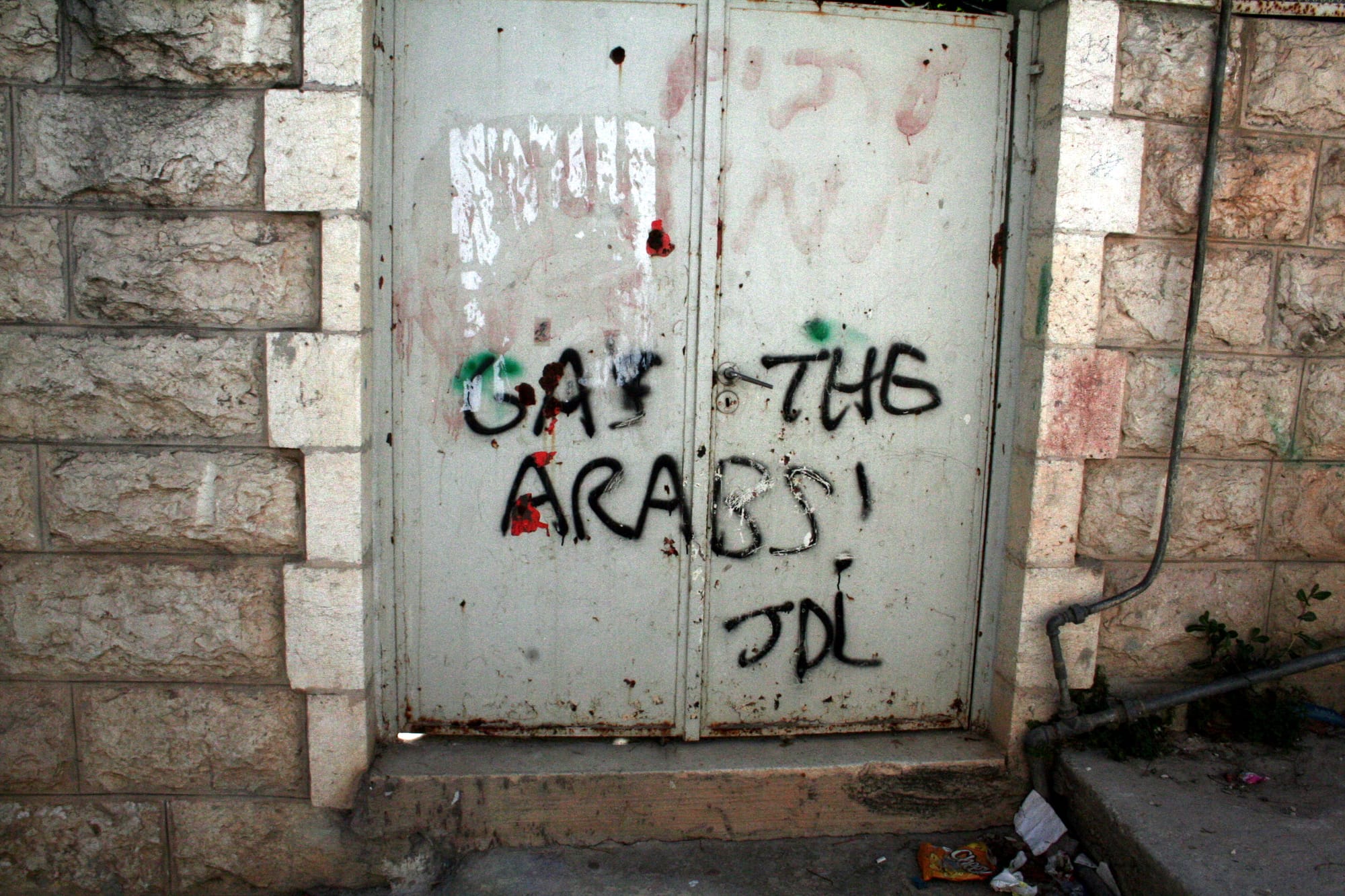
5. Progressive Settlers and Cognitive Dissonance
Many early American settlers were motivated by progressive values, brought over from the 1960s and 1970s social movements in the United States. These settlers believed that they could help build a more just society in the occupied territories by creating settlements that would serve as a “shining example” of peace, coexistence, and democracy.
However, the reality of occupation and the subsequent First Intifada (1987) forced many settlers to confront the ethical contradictions of their project. These settlers could no longer ignore the fact that they were living on expropriated land, oppressing a native population. Some chose to leave, others rationalized their actions, and some even became more entrenched in their views, moving further away from their progressive ideals.
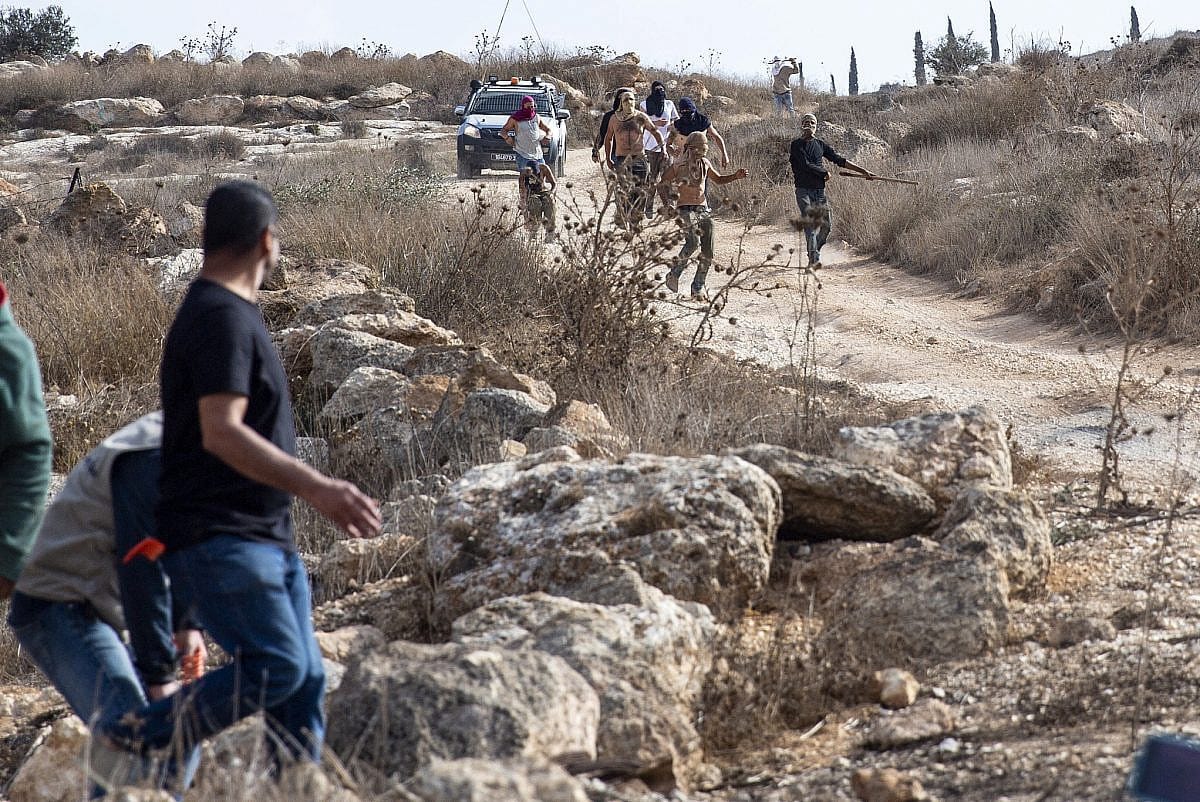
6. Impact on Israeli Politics
The American settlers have not only shaped the discourse around the settlement project but have also had a significant impact on Israeli politics. Many American-born settlers have gone on to hold powerful positions in Israel, including serving as top aides to Israeli prime ministers and as advisors within the
Knesset. Their influence has been crucial in shaping the domestic and foreign policies of the Israeli government, particularly when it comes to the settlement movement and the Israeli-Palestinian conflict.
American Influence: Figures like David Wilder, a spokesperson for the settlers in Hebron, have long been active in promoting the settler cause in international forums, especially within the United States. The ability of these settlers to manipulate public opinion in their favor has played a key role in gaining international support for the Israeli occupation of Palestinian territories.
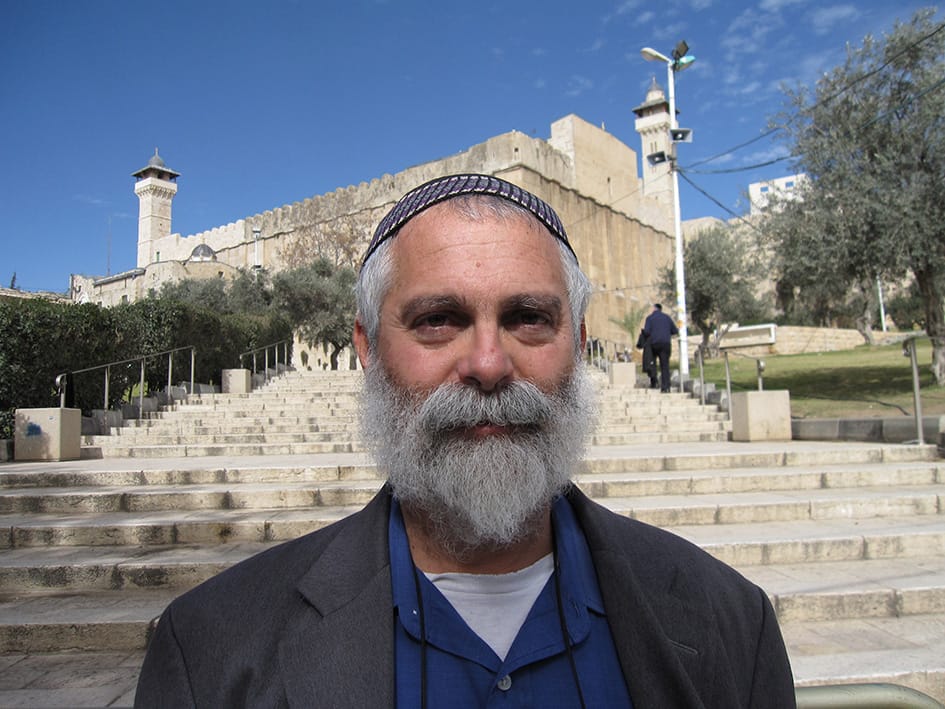
Today, David Wilder is no longer in an active leadership or spokesperson role for the Jewish Community of Hebron, a position he once held in defending the settler community. While his prominent advocacy in the past has waned, his influence on Hebron's settler movement remains a significant part of its history.
7. Public Relations and Settler Movement Justification
One of the most significant contributions of American settlers has been their ability to shape the narrative around the settlement movement. Using their expertise in public relations and marketing, they have worked tirelessly to reframe the settlement project as a noble, legitimate, and even humanitarian effort. These settlers are particularly skilled at appealing to Western audiences, who may not be fully aware of the complexities of the Israeli-Palestinian conflict.
In doing so, they have been able to drastically transform the image of the settlement movement, casting it in a much more favorable light and securing financial support for settlement expansion. This has helped justify the continued occupation of Palestinian land, despite widespread international condemnation.
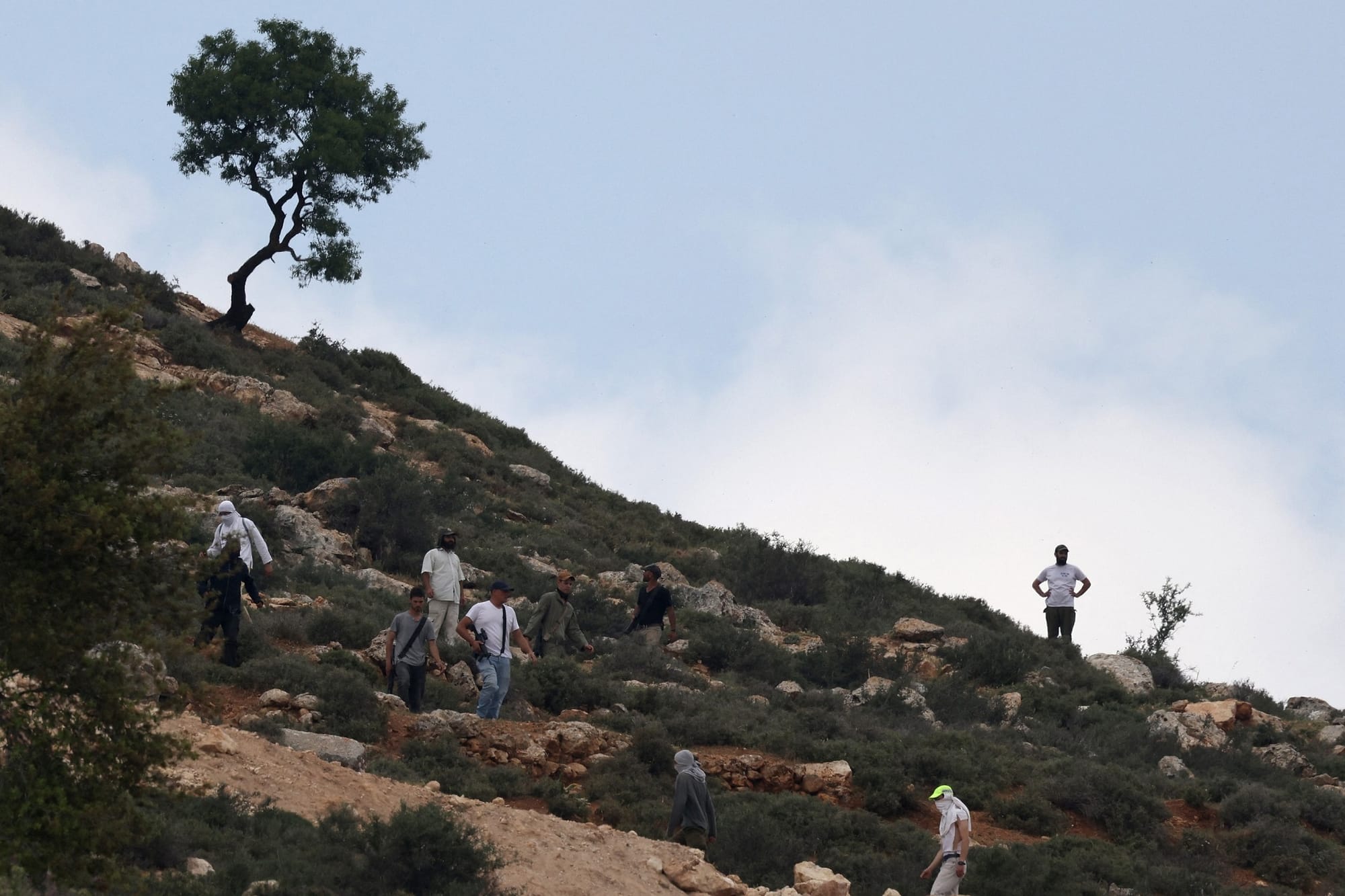
In summary, the US’s failure to ban travel for extremist American settlers engaged in violence against Palestinians reveals a deeper problem: these settlers, whose influence and violence are shaping the fate of Palestinians, remain protected under the same flag they claim to serve. Their ongoing ethnic cleansing of Palestinians, facilitated by their collaboration with the Israeli military and political apparatus, continues unabated. For true peace and justice, the global community must unmask the settler movement for what it is—an instrument of oppression that is impervious to Western critique, often shielded by Western support.
We can certainly dive even deeper into the subject. Let’s explore some more nuanced aspects and provide further context to fully illuminate the intricacies of the US’s stance on settler violence, its influence, and the broader dynamics.
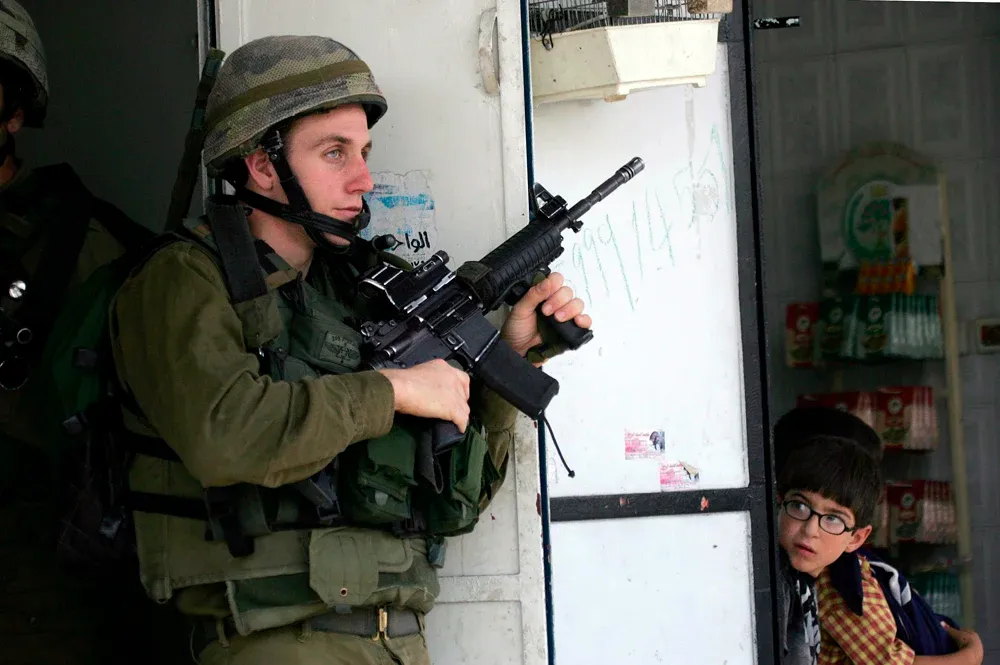
Deeper Exploration of American Settlers’ Ideological Motivations
Many American settlers in the West Bank are driven by a messianic vision of history. They do not view their settlement as a political act but as a spiritual mission. In this sense, these settlers see themselves not as foreign invaders but as returning to their rightful homeland. This notion is rooted in religious Zionism, which holds that Jews have a divine right to live anywhere in biblical Israel, including modern-day Palestine.
For many of these settlers, biblical prophecy shapes their worldview. Jerusalem and the surrounding areas are considered sacred, and they believe that settling in the West Bank is part of fulfilling the prophecies of the Hebrew Bible, marking the final redemption of the Jewish people. This belief imbues their actions with a sense of righteousness and urgency. They see the Palestinian population not as indigenous peoples with a right to their land but as obstacles to the fulfillment of these biblical prophecies.
This religious justification is further solidified by theological leaders like Rabbi Kook, whose teachings emphasize the idea that Jews must redeem the land of Israel through settlement and colonization, regardless of the political or human consequences. Some American settlers view their position as part of a larger apocalyptic struggle in which the success of the Jewish people in the West Bank is tied to their belief in the coming of the Messiah.
Sources:
- "Religious Zionism and the Settler Movement: From the Dream to the Reality," Jewish Quarterly.
- "Messianic Zionism and the American Settlers in the West Bank," The Jerusalem Post.
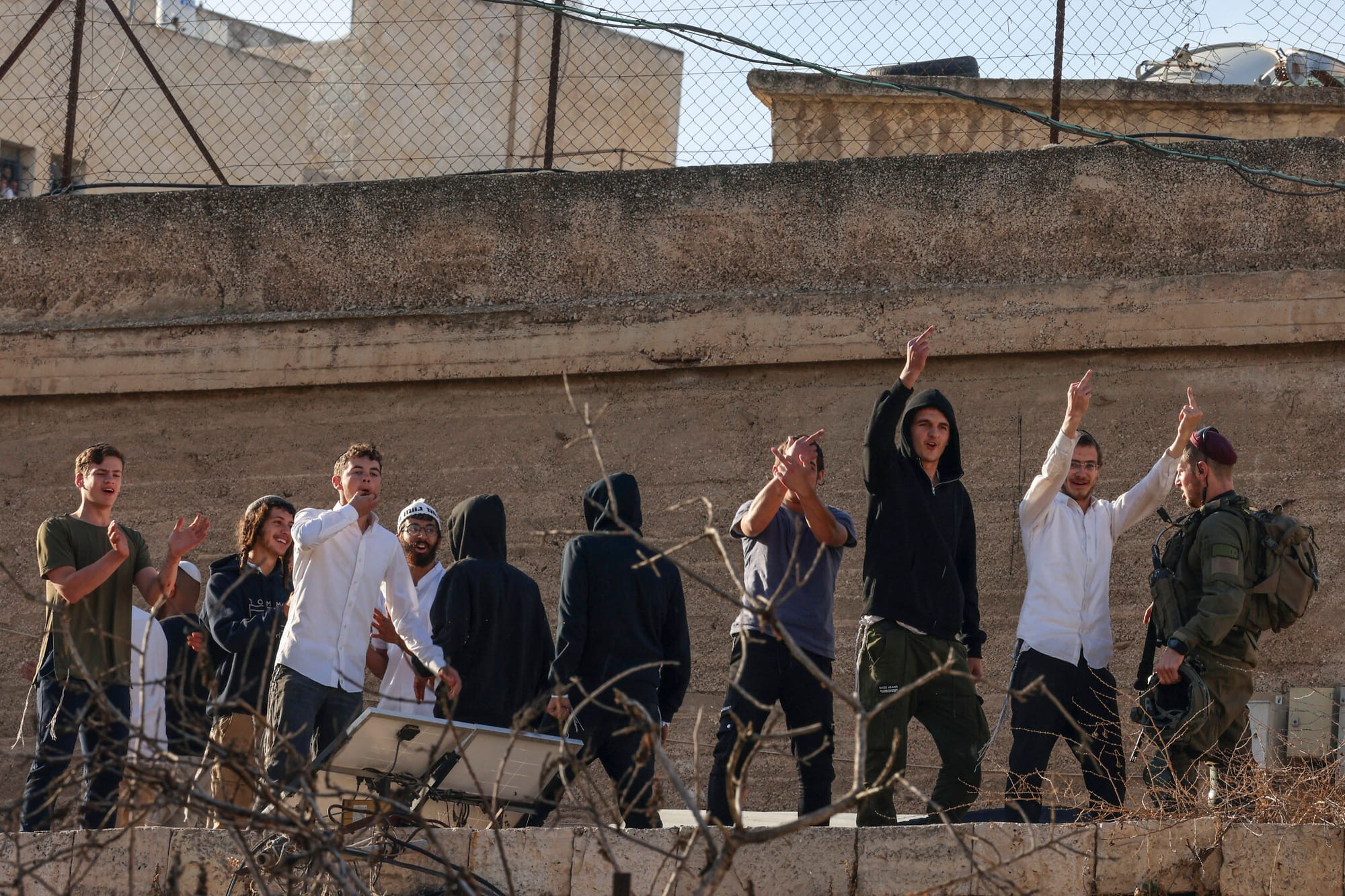
State and Settler Collaboration
The Israeli state plays a significant role in enabling settler violence. While not all settlers are actively supported by the government in their violent activities, there is a deeply ingrained collusion between the state and settlers, especially when it comes to land acquisition and military protection. Settlers often rely on the IDF for security, which, in many cases, shields them from accountability when they engage in violent acts against Palestinians.
The military, police, and intelligence services have been accused of turning a blind eye to settler violence, even in situations where it directly targets Palestinians. For example, when settlers attack Palestinian homes or olive groves, the response from security forces is often either delayed or nonexistent. In many instances, settlers are given preferential treatment, with their testimonies seen as more credible than those of Palestinians who report the violence.
Additionally, Israeli courts have often failed to hold settlers accountable for crimes, which emboldens them to continue their attacks. The settler movement has even successfully lobbied the Israeli government to support the construction of new settlements, often in direct violation of international law.
Sources:
- "The Role of Israeli Authorities in Settler Violence," Al Jazeera.
- "Settler Violence: Complicity and Denial," Human Rights Watch.
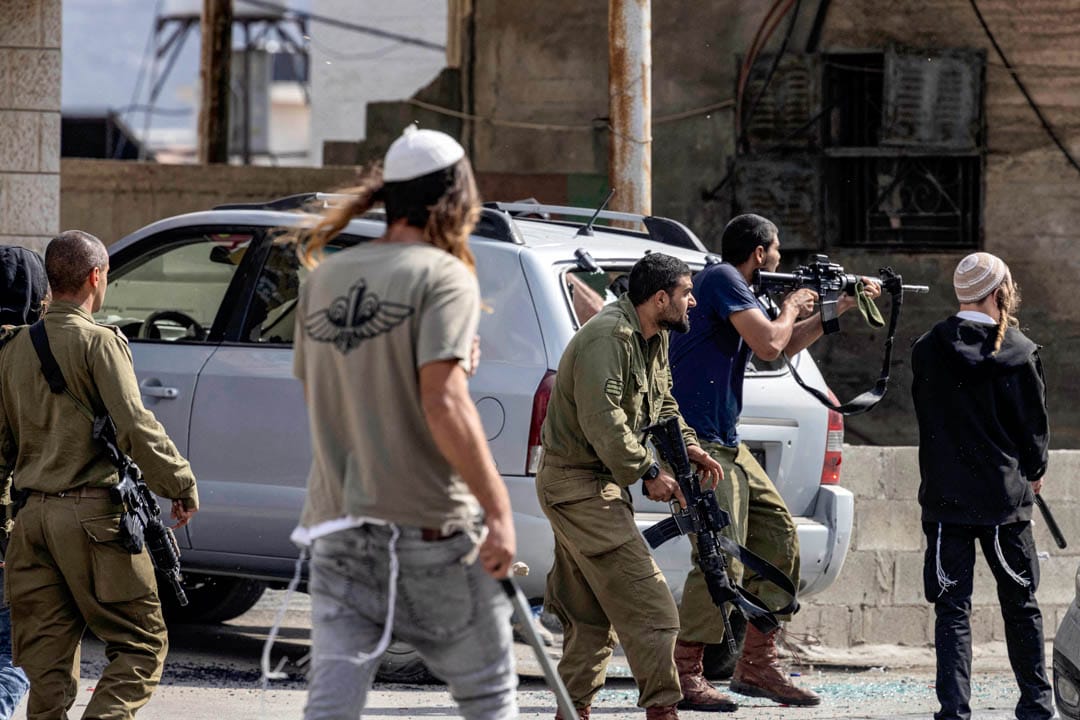
Settler Violence as State Policy
The violence perpetrated by settlers is not just the result of individual acts of extremism but is part of a broader, systemic effort to displace Palestinians and ensure that their land is incorporated into Israeli territory. This strategy is supported at the highest levels of Israeli political and military leadership.
Since the 1967 occupation, Israel has pursued a policy of land annexation, often through settler encroachment. The violence is intended to force Palestinians off their land and to disrupt their ability to organize and resist. Settler violence, in this context, serves as a tool of state policy to undermine Palestinian sovereignty. Land seizures, demolitions of homes, and destruction of agricultural resources are part of an effort to create facts on the ground, making it more difficult for Palestinians to return or establish a viable state.
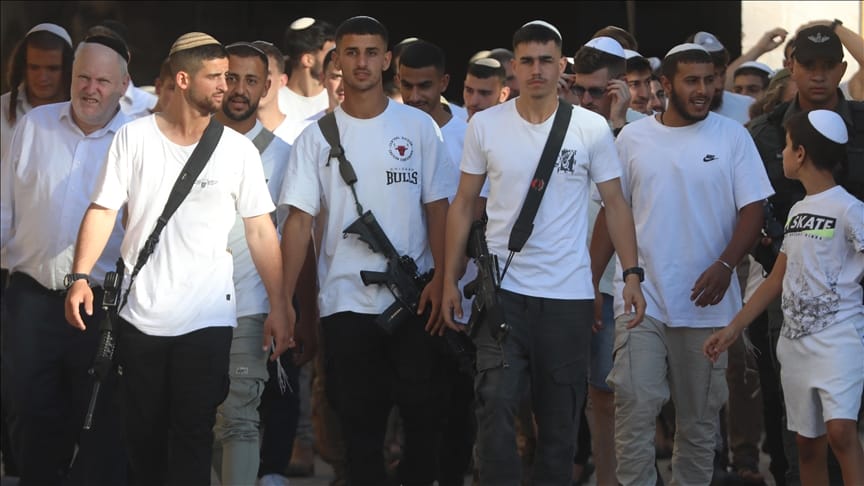
The Role of American Support and Foreign Policy
The US has long been a staunch ally of Israel, offering military, economic, and diplomatic support. However, in recent years, the role of American citizens within Israeli settlements has become more controversial. Many Americans living in the West Bank are vocal in their support of the Israeli government's actions, using their American citizenship to influence both domestic and international policy. The American Jewish community is divided on this issue, with some supporting the settler movement while others advocate for a two-state solution and peace between Israelis and Palestinians.
However, what complicates this situation is the US’s complicity in indirectly supporting settler violence through its failure to enforce laws against American citizens who are actively engaging in settler terrorism. Despite the ban on extremist travel, the US has largely remained silent on the issue of its citizens' roles in facilitating the occupation and violence in the West Bank.
Sources:
- "How American Evangelicals Support the Settler Movement," The New York Times.
- "The American Jewish Community and the Settler Movement," Haaretz.
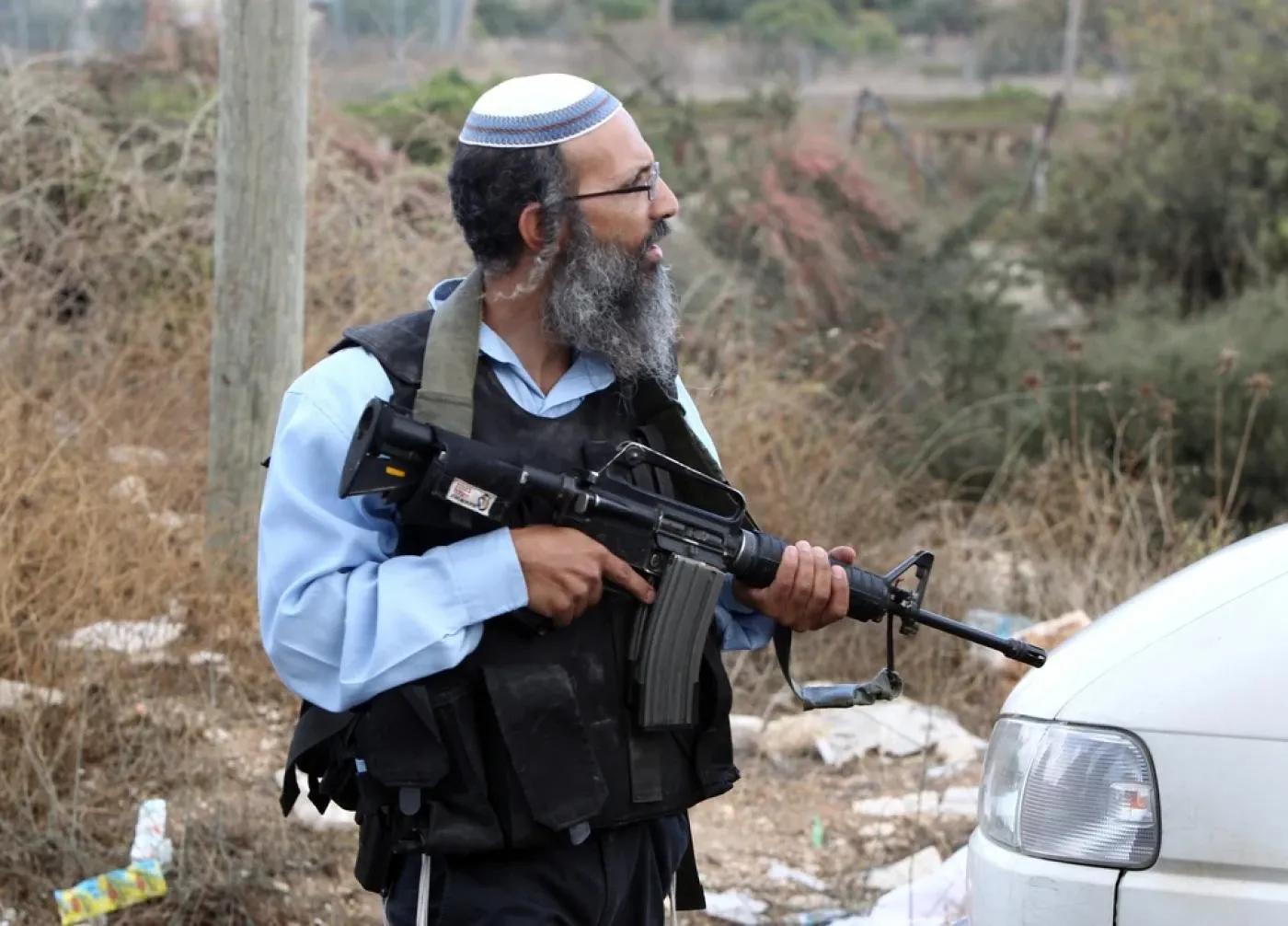
A Globalized, Transnational Struggle
The issue of American settlers and their involvement in Palestinian dispossession is not just an issue for Israel or Palestine; it has become part of a larger global struggle over the legitimacy of occupation and the use of force to colonize land. The global community, including countries in the Middle East, Europe, and elsewhere, have consistently called for Israel to halt the expansion of settlements. However, American citizens living in the settlements often have substantial influence over political lobbying and foreign policy decisions that shield these settlements from international scrutiny.
At the same time, Palestinian activists around the world have used social media, international boycott campaigns, and other forms of civil disobedience to amplify the issue. These efforts, however, are often undermined by the immense political clout that pro-settlement groups maintain in Western capitals, particularly in Washington, DC.
This transnational struggle shows how settler violence and its global support are interconnected. The global Palestinian solidarity movement must work even harder to raise awareness about American involvement in settlement violence and how this exacerbates the Israeli-Palestinian conflict.
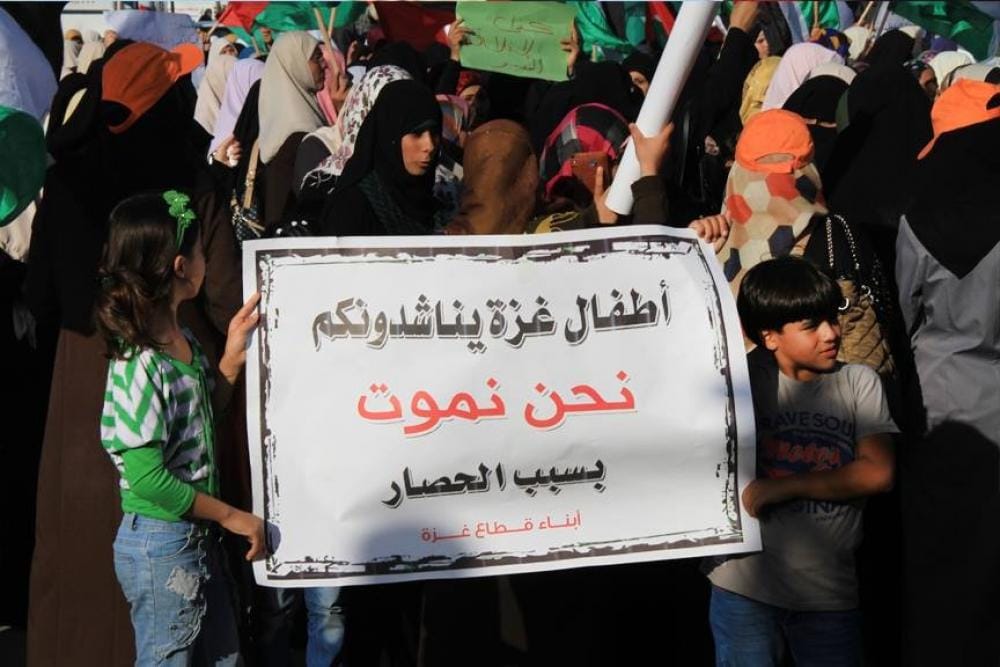
"The children of Gaza are pleading with you, we are dying because of the siege, the children of Gaza."
Settler Violence’s Psychological and Social Impact
One often overlooked aspect of settler violence is its psychological toll on Palestinian communities. The constant fear of settler attacks, the destruction of homes and livelihoods, and the intimidation tactics used by settlers have left deep scars on Palestinian society. Children grow up with the knowledge that their families may be attacked, their homes may be demolished, and their land may be confiscated at any moment. This experience of daily trauma has wide-reaching effects on mental health, leading to higher rates of PTSD, anxiety, and depression.
Furthermore, the social fabric of Palestinian communities is systematically disrupted by the militarized presence of settlers. Families often have to live under constant surveillance, and traditional practices such as farming are rendered impossible in many areas due to settler harassment and violence.
Sources:
- "Psychological Impact of Occupation on Palestinian Children," International Journal of Psychology.
- "The Trauma of Palestinian Communities Under Settler Violence," The Lancet.
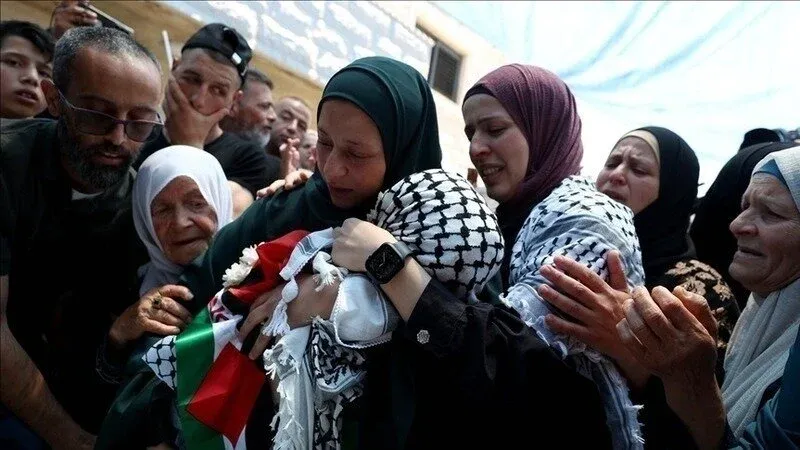
Conclusion: A Call for Accountability
The US’s refusal to enforce the ban on extremist settlers is more than a political issue; it represents an unwillingness to hold American citizens accountable for their roles in perpetuating violent occupation. To achieve real justice and peace, there must be global accountability for settlers and governments that support violent colonization. The continued silence from the US government on this issue only entrenches the settler agenda and keeps Palestinians trapped in a cycle of violence, dispossession, and resistance.
The global community must begin to fully acknowledge the role of American settlers in the violence and systematically work to dismantle the support structures that protect and enable the settlers’ violence in Palestine.

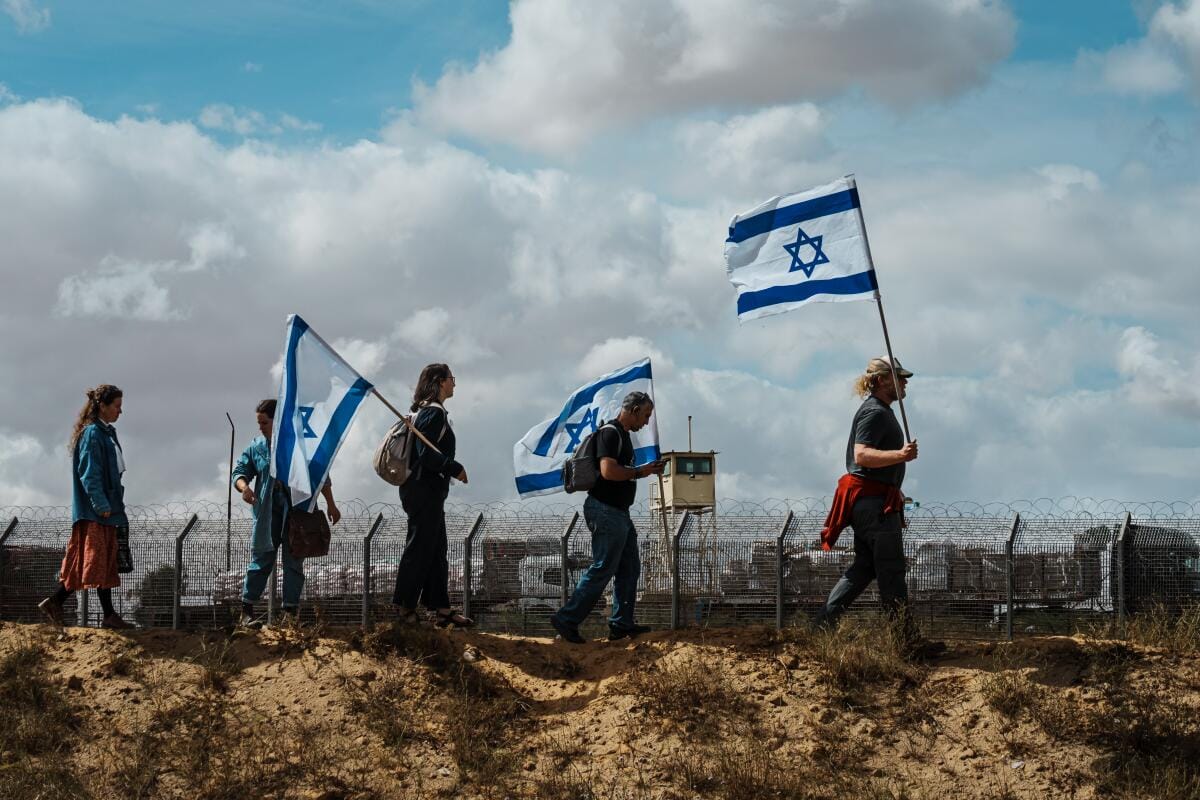
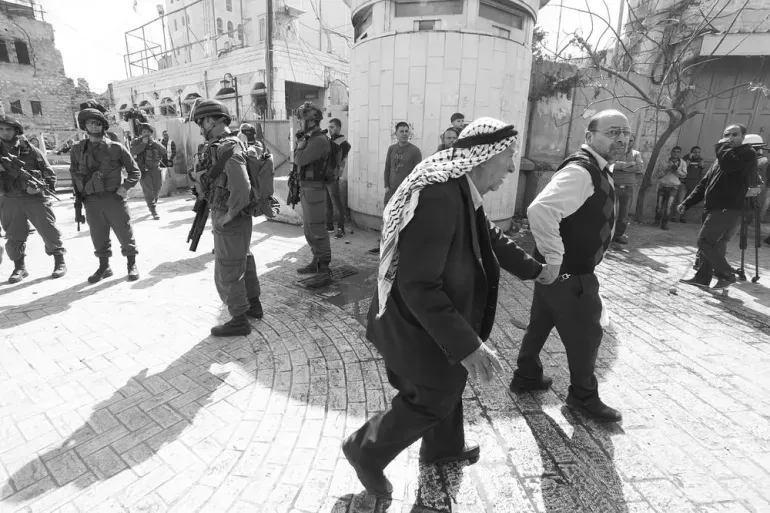
Written By Dhamiri
Decemeber 2024



